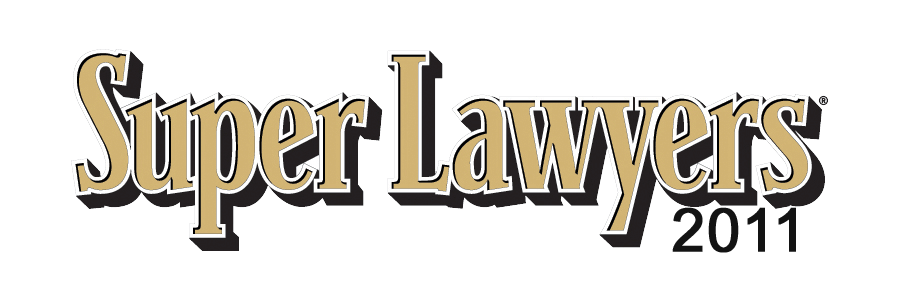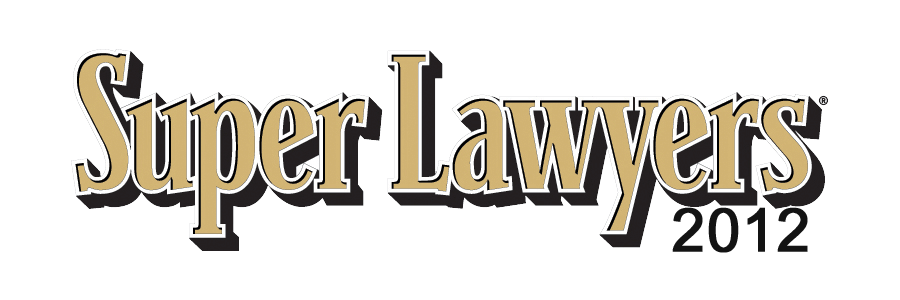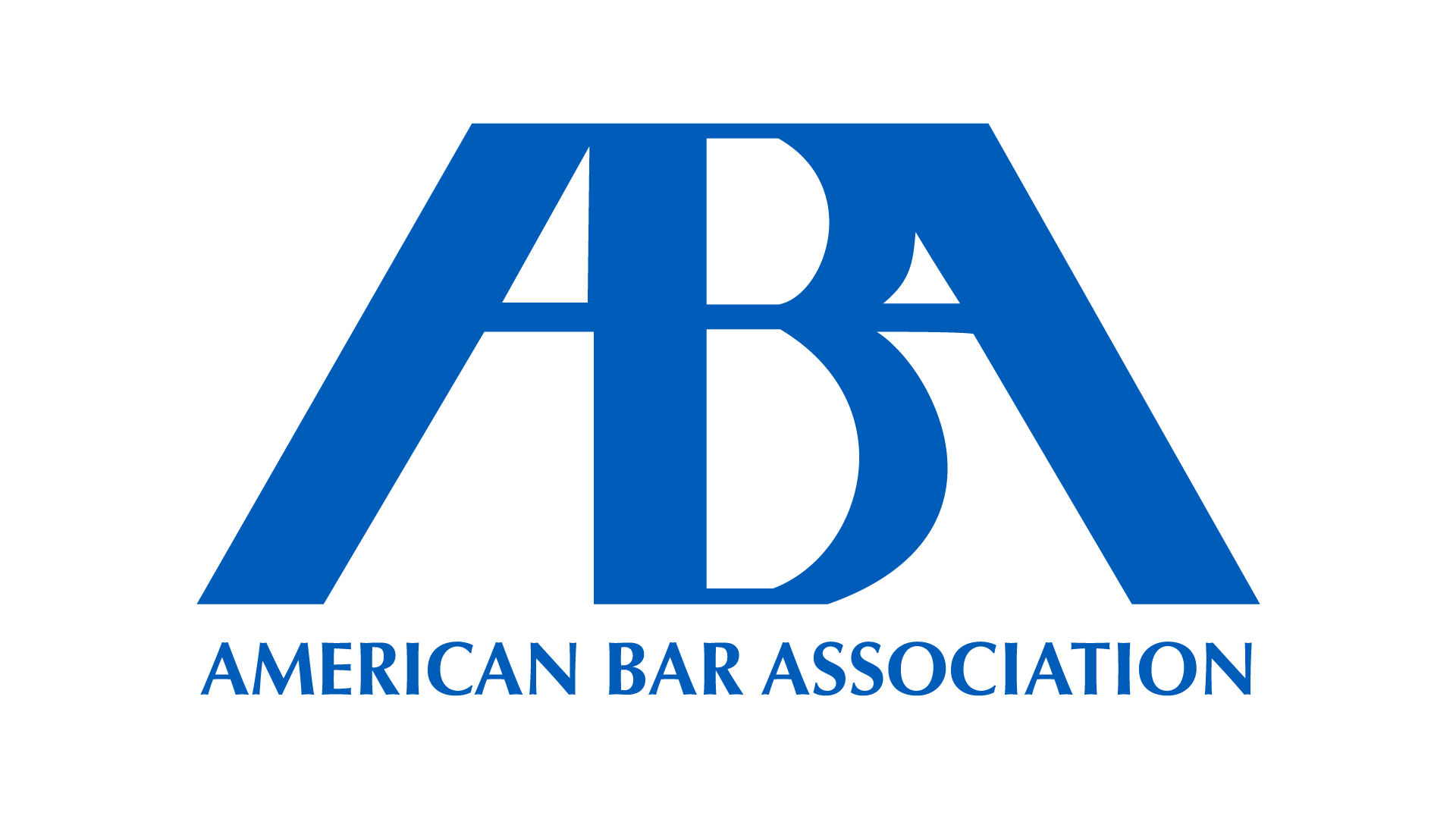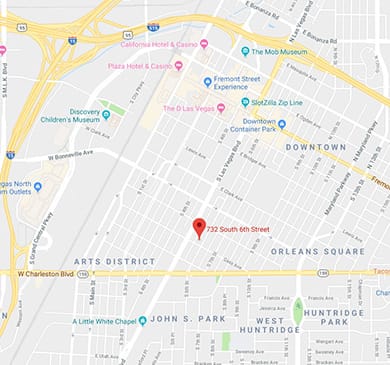It is not uncommon for narcotics to be discovered in areas where multiple people are present or where others have access to the area where the drugs were recovered. Police commonly arrest whoever owns the area surrounding where narcotics are located, or the person who happens to be closest to them at the time they are discovered. If you are accused of possessing narcotics that were not in your personal possession, the prosecution will attempt to argue that you were in "constructive possession" of them. This means that the prosecution will claim that you knew about the drugs and were keeping them in a location that you had control over, such as your house, car or office (similar to the way in which you exercise ownership and control over other items in those locations such as your television, your furniture and the items in your car's glove compartment, even when you are not at home or in your car).
In many cases, a skilled defense team can present evidence that the narcotics likely belonged to one of a number of other people who may have had access to your home or car or another location. If the police do not have a confession, or physical evidence tying the accused to the narcotics, the defense can argue that the contraband belonged to someone other than the defendant.
In some instances, the police illegally search a suspect's car, home, clothing or other location without sufficient "probable cause" or the consent of the owner. When this occurs, it can create an opportunity for the defense to file a motion to suppress the seized evidence so that it cannot be admitted against the accused at trial. When an issue is raised about the legality of a police search, the court may dismiss the charge against the defendant, or the prosecution may offer a plea bargain to a reduced offense rather than risk losing the case.
Typically, when the police make an arrest for a narcotics offense, the charge is based on the gross weight of a substance. This means that the police base the charge on the weight of the narcotics plus the container it was seized in (which, in most cases, is a plastic bag). If the charge depends on the quantity of the narcotics seized and the amount alleged is near the threshold amount required for a particular offense, a defense attorney can request that the court order a re-weigh of the substance without the bags. If the amount, after the re-weigh, is below the threshold for the category of offense charged, years can be taken off the potential sentence. Having experienced attorneys familiar with this process can make the difference between prison and probation or a felony and a misdemeanor.
- Possesion of a Controlled Substance
- Possesion of a Controlled Substance with Intent to Sell/Distribute
- Sale of a Controlled Substance
- Trafficking in a Controlled Substance
- Transporting a Controlled Substance
Speak with our Knowledgeable Criminal Defense Attorneys
The sooner you meet with a qualified criminal defense lawyer, the sooner you can face your legal challenge and reach a resolution. To learn more about how The Law Offices of Saggese & Associates can help defend you against criminal charges, email us or call 702-778-8883 and schedule a free initial consultation. Our office is located in Las Vegas, Nevada.






























